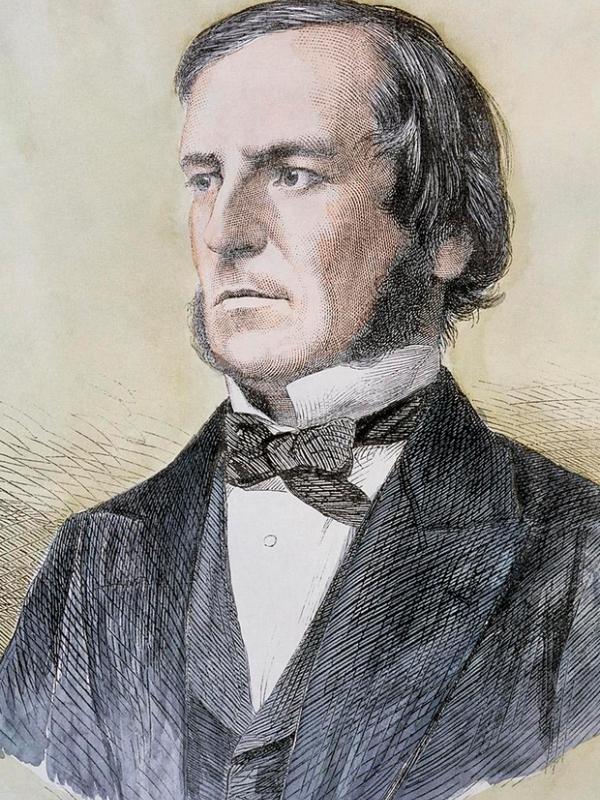George Boole, "Right Use of Leisure," cited in: James Hogg Titan Hogg's weekly instructor, (1847) p. 250 : Address on the Right Use of Leisure to the members of tho Lincoln Early Closing Association.
1840s
George Boole: Citáty v angličtine
George Boole, "Right Use of Leisure," cited in: James Hogg Titan Hogg's weekly instructor, (1847) p. 250; Also cited in: R. H. Hutton, " Professor Boole http://books.google.com/books?id=pfMEAAAAQAAJ&pg=PA153," (1866), p. 153
1840s
Zdroj: 1850s, A treatise on differential equations (1859), p. v; Lead paragraph of the preface
Zdroj: 1850s, An Investigation of the Laws of Thought (1854), p. 1; Ch. 1. Nature And Design Of This Work, lead paragraph
Zdroj: 1850s, An Investigation of the Laws of Thought (1854), p. 370
Zdroj: 1850s, An Investigation of the Laws of Thought (1854), p. i; Preface, lead paragraph
Zdroj: 1850s, An Investigation of the Laws of Thought (1854), p. 42
Zdroj: 1850s, A treatise on differential equations (1859), p. vi; cited in: Quotations by George Boole http://www-history.mcs.st-and.ac.uk/Quotations/Boole.html, MacTutor History of Mathematics, August 2010.
Zdroj: 1850s, An Investigation of the Laws of Thought (1854), p. 50
